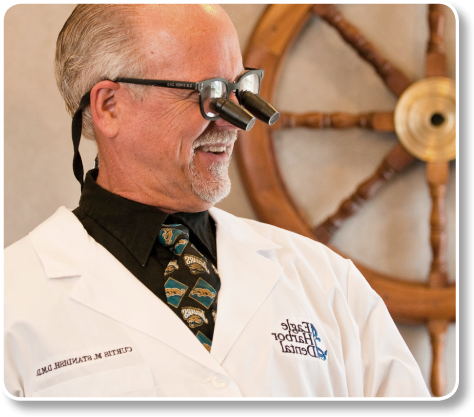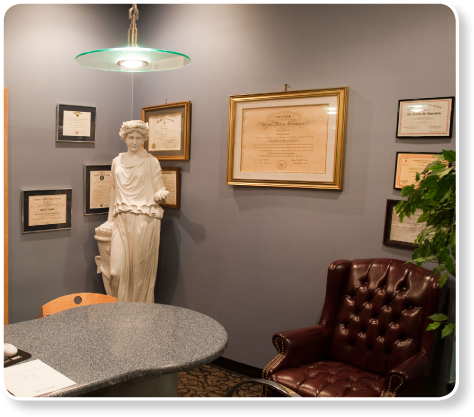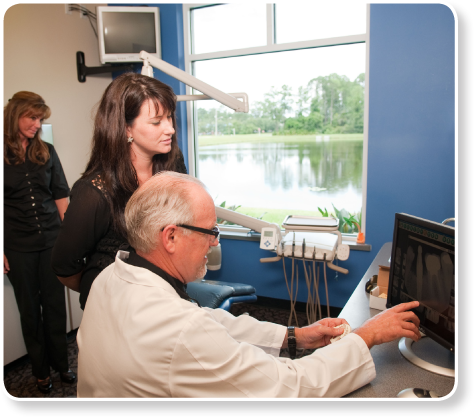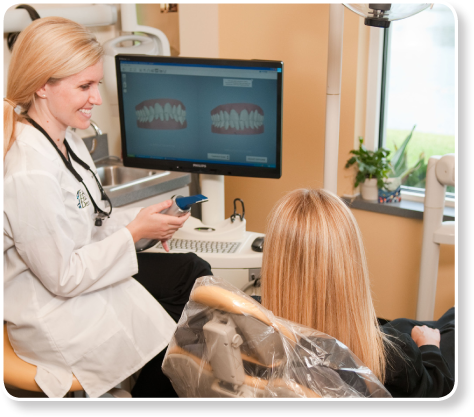Will Dentures Affect Your Speech?
Aug 24, 2021
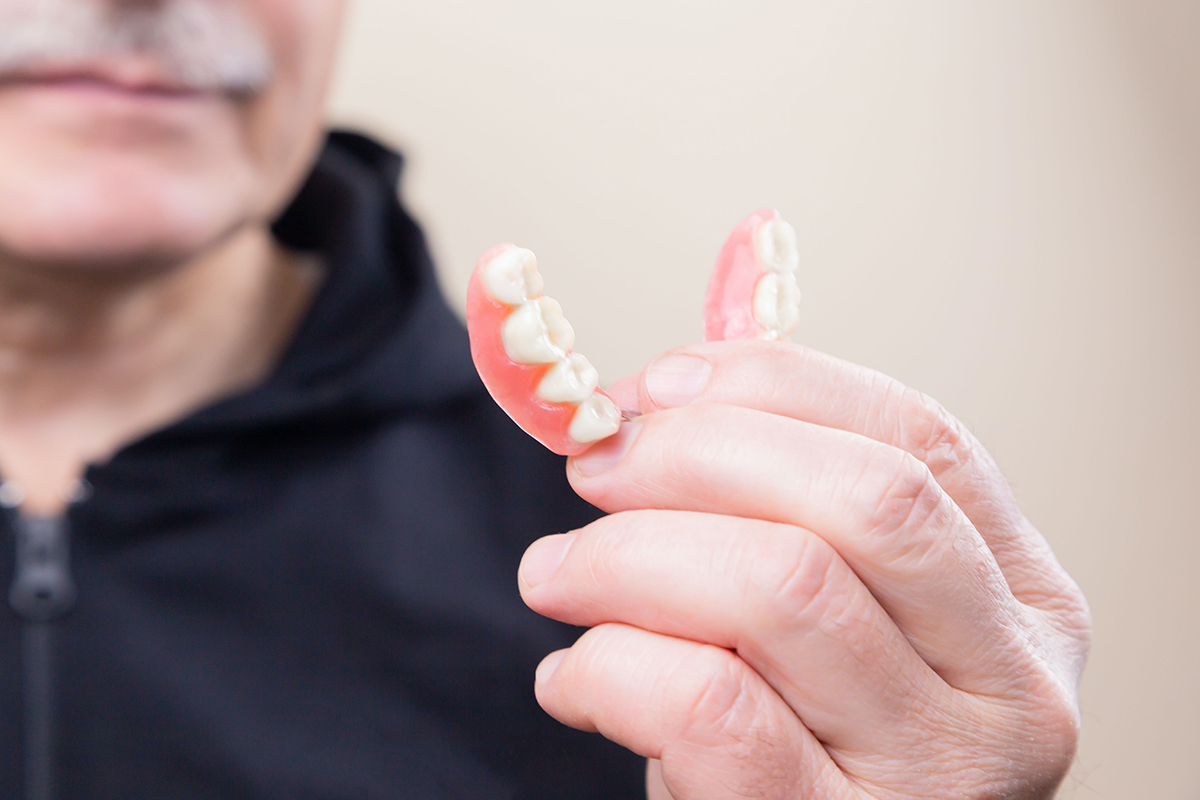
We use our teeth for everything from chewing food to speaking. Many sounds in speech involve the teeth and the tongue’s placement in relation to them. For example, in the “th” of the word “the”, your tongue is placed between your front teeth. It would be extremely difficult, if not impossible, to create that sound without front teeth.
Because communication is so important to functioning in our daily lives, it’s understandable that people who are considering getting dentures would have concerns regarding their effect on their speech.
When Can Dentures Affect Speech?
There’s an adjustment period when you get dentures. You’ll have to get used to the way the dentures feel in your mouth and how they interact with your tongue, lips, and cheeks. They may feel different from your natural teeth. This is normal and most people adjust and are speaking normally once they’re used to the feel of the dentures. However, if your dentures don’t fit properly, they can cause difficulties in speaking even after the adjustment period is over and you should check with your dentist to make sure your dentures are fitting properly.
Dentures That Are Loose
If your dentures are loose, they can cause difficulties in speaking. Not only can loose dentures cause clicking sounds because they’re moving around, they can also cause their wearers to have to use their tongue to try to keep them in place. If your tongue is busy holding your dentures in place, it can’t be used for forming sounds while you speak, making proper pronunciation difficult.
Dentures That Are Too Small
If your dentures are uncomfortable in your mouth for any reason, that discomfort can impact how you speak. If the dentures are too small, for example, your tongue won’t have the amount of space that you’re used to for speaking.
Dentures That Are the Wrong Height
If the teeth of your dentures aren’t the right height for your mouth, then it can be difficult to properly enunciate any of the sounds that involve your teeth. This is true whether the teeth are too short or too tall for your mouth.
Which Sounds Can Be Affected by Dentures?
Dentures, either due to the adjustment period or because they’re ill-fitting, can affect the following types of sounds:
- Bilabial
- Labiodental
- Linguodental
- Linguo palatal
Bilabial Sounds
Bilabial sounds are those that are formed by bringing your lips together, like p and b. The “labial” part of the name bilabial refers to your lips. If your dentures don’t fit correctly, it can be difficult to bring your lips together to properly create these sounds. Additionally, if your dentures are loose, saying these sounds can dislodge them, which can result in a clicking sound.
Labiodental Sounds
Labiodental sounds involve both the lips and the teeth and include the sounds f and v. “Labio” means lips and “dental” means teeth. To make a labiodental sound, you use your top teeth and your bottom lip. If your dentures don’t fit right, then it can be difficult, if not impossible, to make the two sounds distinguishable from each other.
Linguodental Sounds
Linguodental sounds are those that involve the tongue and the teeth, such as both pronunciations of th. “Linguo” means tongue and “dental” means teeth. To make the th sound, you have to stick your tongue in between your teeth. If your dentures will prevent you from making these sounds completely if they don’t allow your tongue and teeth to properly meet.
Linguo Palatal Sounds
Linguo palatal sounds are those that involve the tongue making contact with the palate, which is another name for the roof of the mouth. There are a wide variety of sounds that fall into this category, including s, t, r, d, and n. If your dentures are loose, they can prevent you from saying these sounds properly. If they don’t fit well, then there might not be a good seal with the palate, which can also make it difficult to pronounce these palatal sounds.
Ill-fitting Dentures Aggravating You?
We can help!
(904) 269-6558
or
Fill Form To Schedule Your Appointment
For informational purposes only.





